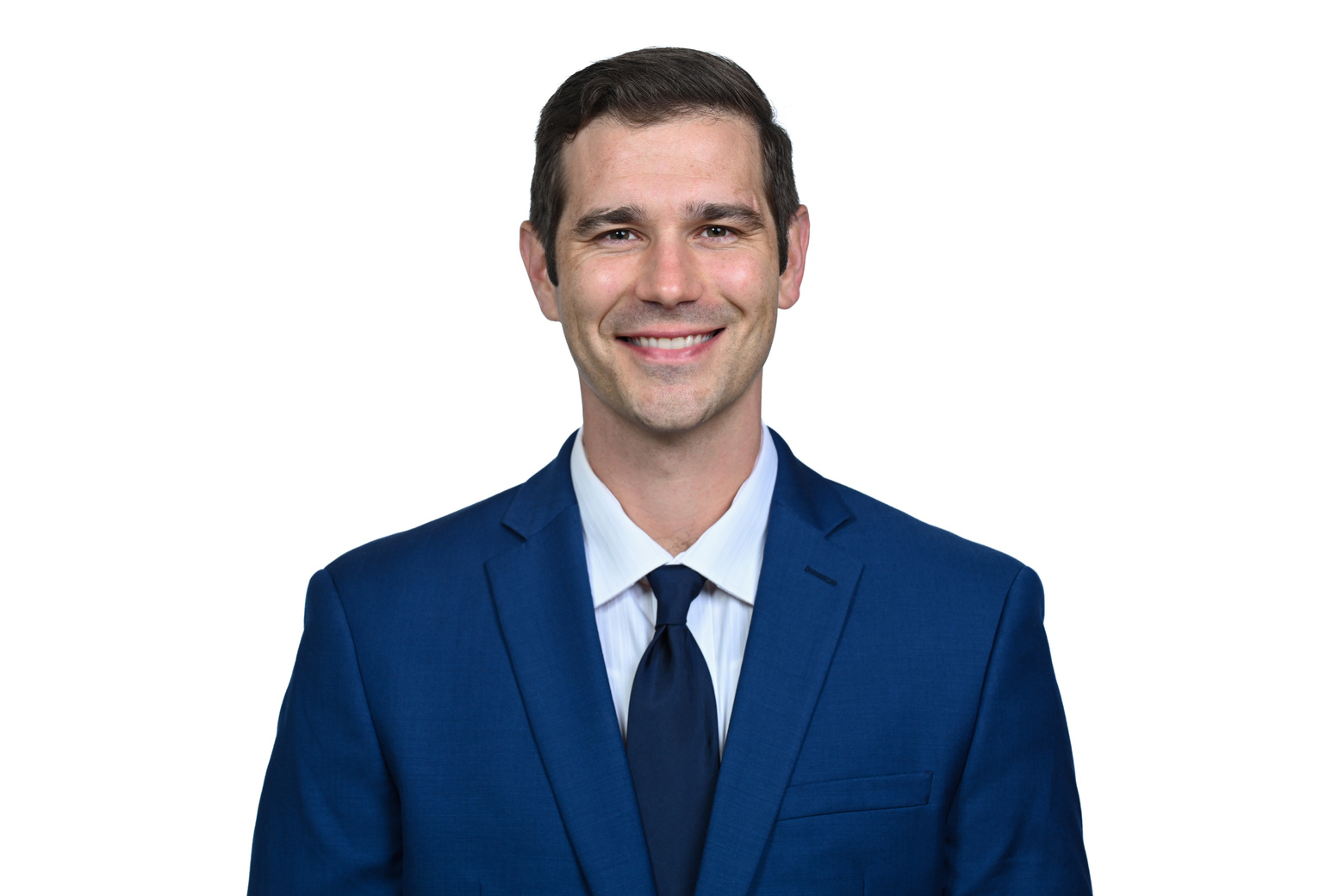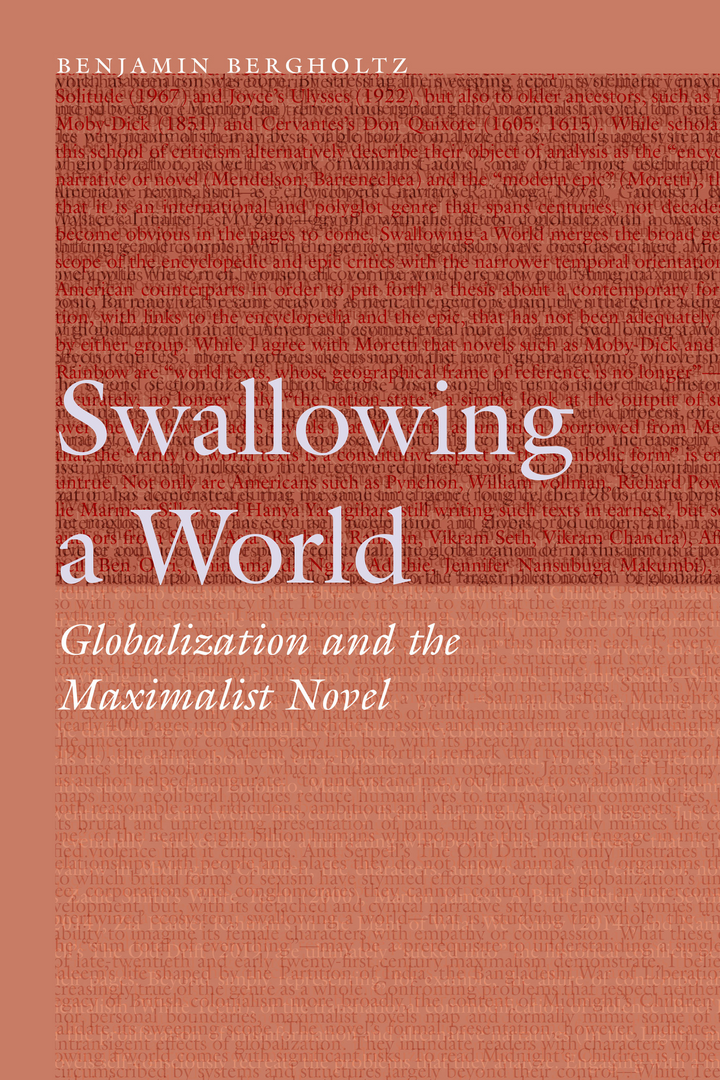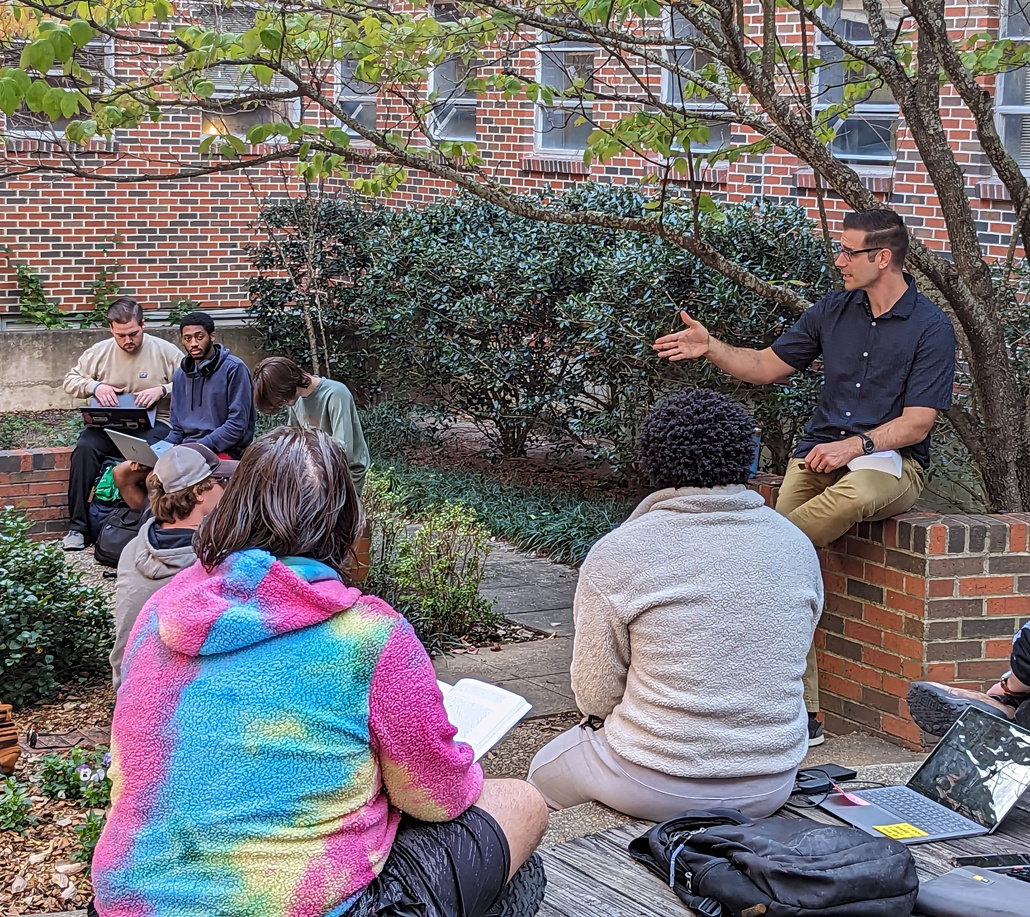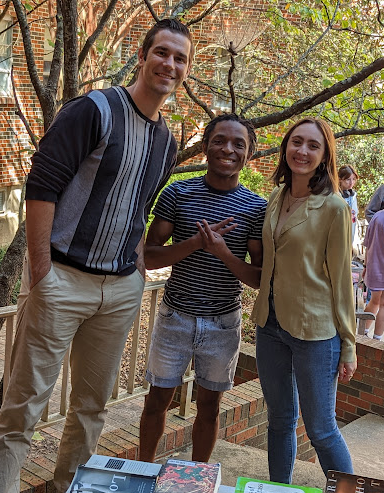Benjamin Bergholtz
Assistant Professor of Literature
Louisiana Tech University

My name is Benjamin Bergholtz. I am an Assistant Professor of English at Louisiana Tech University and the author of Swallowing a World: Globalization and the Maximalist Novel (Nebraska, October 2024). I received my PhD from Louisiana State University in 2018, and previously worked as a Postdoctoral Fellow at the Georgia Institute of Technology. My scholarship is most concerned with the maximalist novel, that massive and meandering genre of contemporary fiction frequently associated with writers such as Salman Rushdie, Zadie Smith, and Marlon James. More broadly, I am interested in the relationship between politics and literary form. To learn more about my work, scroll down!
Book
Swallowing a World offers a new theorization of the maximalist novel. Typically cast as a (White, male) genre of U.S. fiction, Swallowing a World argues that maximalism is an aesthetic response to globalization and a global phenomenon in its own right. To develop this argument, the book considers a series of massive and meandering novels that represent, formally reproduce, and ultimately invite reflection upon the effects of globalization. Considering novels that crisscross from London and Lusaka to Kingston, Kabul, and Kashmir, each chapter considers a maximalist novel that simultaneously maps and formally mimics a cornerstone of globalization, such as the postcolonial culture industry (Salman Rushdie’s Midnight’s Children), the rebirth of fundamentalism (Zadie Smith’s White Teeth), the commodification of violence (Marlon James’s A Brief History of Seven Killings), the obstruction of knowledge by narrative (Zia Haider Rahman’s In the Light of What We Know), and globalization’s gendered development (Namwali Serpell’s The Old Drift). By reframing analysis of maximalism around globalization, Swallowing a World not only reimagines one of the most perplexing genres of contemporary fiction, but it also sheds light on some of the most perplexing political problems of our precarious present.
Swallowing a World is available for purchase via Nebraska, Amazon, and a slew of other websites. Enter code 6AF24 at Nebraska to save 40%.

Praise for Swallowing a World
“Swallowing a World offers a brilliant and refreshing account of the contemporary global novel as a maximalist form that both captures the capacious diversity of globalization and transforms erstwhile encyclopedic genres. Familiar works by Rushdie and Zadie Smith appear in sparklingly new garb, and first-time novels like The Old Drift trouble a distinguished, and mostly male, maximalist lineage that includes the epic, the encyclopedia, and Menippean satire.”
—Debjani Ganguly, University of Virginia, author of This Thing Called the World: The Contemporary Novel as Global Form
“Bergholtz makes a powerful and elegant case for the significance and urgency of his subject, addressing compellingly the maximalist novel genre’s particular relevance to and engagement with our time—the era of late globalization. Swallowing a World strikes me as the best book published in this area in the post–Cold War years. . . . His work is eminently readable.”
—Christian Moraru, author of Flat Aesthetics: Twenty-First-Century American Fiction and the Making of the Contemporary
“Overwhelmed as we are by the impacts of globalization, climate change, and disinformation campaigns, why would we want to read exceedingly long novels? Bergholtz’s answer: “maximalist” fiction offers our exhausted imaginations a reading process that can sustain and inspire us.”
—Elena Machado Sáez, Bucknell University, author of Market Aesthetics and co-author of The Latino/a Canon
“Benjamin Bergholtz’s sharp and compelling book, Swallowing a World, will long stand as a landmark in the fast-growing field of maximalist novel studies."
—Stefano Ercolino, Ca’ Foscari University of Venice, author of The Maximalist Novel: From Thomas Pynchon's Gravity's Rainbow to Roberto Bolaño's 2666
Essays
My research is animated by the vexing relationship between politics and literary form. This relationship informs Swallowing a World as well as previous work on William Gaddis, Zia Haider Rahman, Zadie Smith, Alfred Hitchcock, and Walker Percy. I am currently working on essays on encyclopedism and post-truth and the blocked writer in maximalist fiction, and I’m in the planning stages of an edited collection on teaching maximalist novels. Below, I include links as well as brief descriptions of some of my work.
“‘Trouble with the Connections’: J R and the ‘End of History’” (Electronic Book Review, special issue on “William Gaddis at his Centenary”, 2024)
In this open-access(!) essay, I analyze one of the most prescient examples of U.S. maximalism–William Gaddis’s J R–in the context of globalization.
The first scholarship devoted exclusively to Rahman’s novel, I suggest that In the Light fosters a uniquely postcolonial approach to encyclopedism that is curious but also cautious, wide-reaching but also reflective.
“‘Certainty in its Purest Form’: Globalization, Fundamentalism, and Narrative in Zadie Smith’s White Teeth” (Contemporary Literature, 2016)
Challenging readings that either excuse or excoriate White Teeth’s preachy style, this essay argues that Smith’s narrator self-consciously embodies the same sort of (absolutist, arrogant, didactic) thought as the fundamentalists pervading her novel.
“‘Thinking as Negation’: Adorno, Vertigo, and the Paradoxical Promise of Popular Cinema” (Film International, 2015)
My only foray into film, this article employs the aesthetics of Theodor Adorno to analyze one of the most vexing films of all time: Hitchock’s Vertigo.
“‘Are You Listening?’: Lancelot, Derrida, and Aporetic Reading” (Mississippi Quarterly, 2014)
A secular–and Derridean!–reading of Walker Percy’s Lancelot
Teaching

Like the ambitious genre of fiction to which I’ve devoted my research, my teaching is broad in scope and engaging in action. Among other subjects, I’ve taught courses in global Anglophone literature, 20th and 21st century American literature, and literary theory. While the objectives of each class is contingent upon its course title, my broader goals as a teacher remain the same: through rigorous engagement with literature—“the most interesting thing in the world,” as Derrida once said, “maybe more interesting than the world”—I aim to cultivate engaged and reflective citizens of the world.
Teaching in the Shakespeare Garden, Fall 2023
Selected Courses
The Maximalist Novel * The Global Anglophone Novel * Postcolonial Literature * Research and Bibliography * Post-45 American Literature
Modernism and Postmodernism* Big, Ambitious Novels by Twenty-First Century Women * The Many Souths * The Art of Resistance
The Empire of English Literature * Critical Theory and Popular Culture * Lost Generations * Big Books: Why Bother? * Difficult Novels
Contact

If you’re interested in big books, Swallowing a World, or my work more broadly, please email me at bberg@latech.edu.
I would also be glad to share syllabi, talk teaching and/or collaboration, and discuss future (in-person or virtual) speaking engagements.
A link to my Google Scholar is available HERE.
My CV is available HERE.
Banned Books Day 2022, with exceptional students Vincent Grisby and Grace Miholic